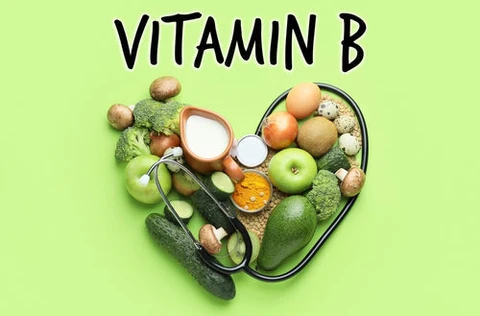Omega-3 fatty acids are essential nutrients that play a crucial role in heart health, brain function, and overall well-being. With numerous brands available in India, choosing the right supplement can be overwhelming. This guide will help you understand what to look for when buying an Omega-3 supplement, how to determine quality, and what dosage suits your needs.
Why is Omega-3 Important?
Omega-3 fatty acids are vital for:
- Heart Health: Reduces triglycerides, lowers blood pressure, and improves heart function.
- Brain Function: Supports cognitive function, memory, and may reduce the risk of neurodegenerative diseases.
- Joint Health: Helps reduce inflammation and supports mobility.
- Eye Health: Essential for vision and reduces the risk of age-related macular degeneration.
- Pregnancy & Child Development: Important for fetal brain and eye development.
What to Look for When Buying an Omega-3 Supplement
1. EPA & DHA Content
The effectiveness of an Omega-3 supplement depends on its EPA (Eicosapentaenoic Acid) and DHA (Docosahexaenoic Acid) content.
- General Health: Minimum 250-500 mg of combined EPA & DHA per day.
- Heart Health: At least 1,000 mg per day.
- Brain & Mood Support: Higher DHA content is preferable (~500-1000 mg DHA).
- Joint & Inflammation Support: Higher EPA content is recommended (~1000 mg EPA).
Always check the label—some products may claim “1000 mg of fish oil,” but contain only a small amount of EPA & DHA.
2. Omega-3 Source
Omega-3 can be derived from different sources:
- Fish Oil: Most common, high in EPA & DHA.
- Krill Oil: More bioavailable but expensive.
- Algal Oil (Plant-based): Ideal for vegetarians and vegans.
- Flaxseed/Chia Seed Oil: Contains ALA (Alpha-linolenic Acid), which needs to be converted to EPA & DHA in the body (low conversion rate).
3. Purity & Certifications
High-quality Omega-3 supplements should be free from heavy metals, PCBs, and other contaminants. Look for:
- IFOS (International Fish Oil Standards) Certification
- GOED (Global Organization for EPA & DHA Omega-3s) Compliance
- FSSAI (India) Certification
- Javik Bharat or PGS India (for Organic Certification if plant-based)

4. Form of Omega-3
- Triglyceride Form (TG) – Best absorption, natural form.
- Ethyl Ester (EE) – Cheaper, but less bioavailable.
- Phospholipid Form – Found in krill oil, good absorption.
5. Avoiding Oxidation (Freshness Matters)
Omega-3 oils are prone to oxidation, which can make them ineffective. Check:
- Expiry Date: Choose a fresh batch.
- Added Antioxidants: Like Vitamin E to prevent oxidation.
- Smell & Taste: A rancid smell means it’s oxidized.
6. Sustainability & Ethical Sourcing
If you care about environmental impact, choose supplements with MSC (Marine Stewardship Council) or Friend of the Sea certification.
Dosage Recommendations
| Health Goal | EPA & DHA Recommended Daily Intake |
|---|---|
| General Well-being | 250-500 mg |
| Heart Health | 1000-2000 mg |
| Brain & Cognitive Support | 500-1000 mg DHA |
| Joint Health (Arthritis, Inflammation) | 1000-3000 mg EPA |
| Pregnancy & Child Development | 200-300 mg DHA |
Common Mistakes to Avoid
❌ Choosing supplements based on total fish oil content instead of EPA & DHA levels.
❌ Buying the cheapest option without checking purity and heavy metal testing.
❌ Ignoring the oxidation factor (rancid Omega-3 can be harmful).
❌ Not checking the form of Omega-3 (TG form is better than EE).
Natural Food Sources of Omega-3
If you prefer getting Omega-3 from food, include:
- Fatty Fish (Salmon, Sardines, Mackerel, Tuna)
- Chia Seeds & Flaxseeds (Good ALA content)
- Walnuts & Hemp Seeds
- Algae-based sources for vegans
Final Thoughts
Omega-3 is a crucial nutrient, but not all supplements are created equal. Choose a supplement with high EPA & DHA, proper certification, and sustainability factors in mind.
Would you like help choosing the best Omega-3 supplements available in India? Let us know, and we’ll create a detailed comparison for you!





